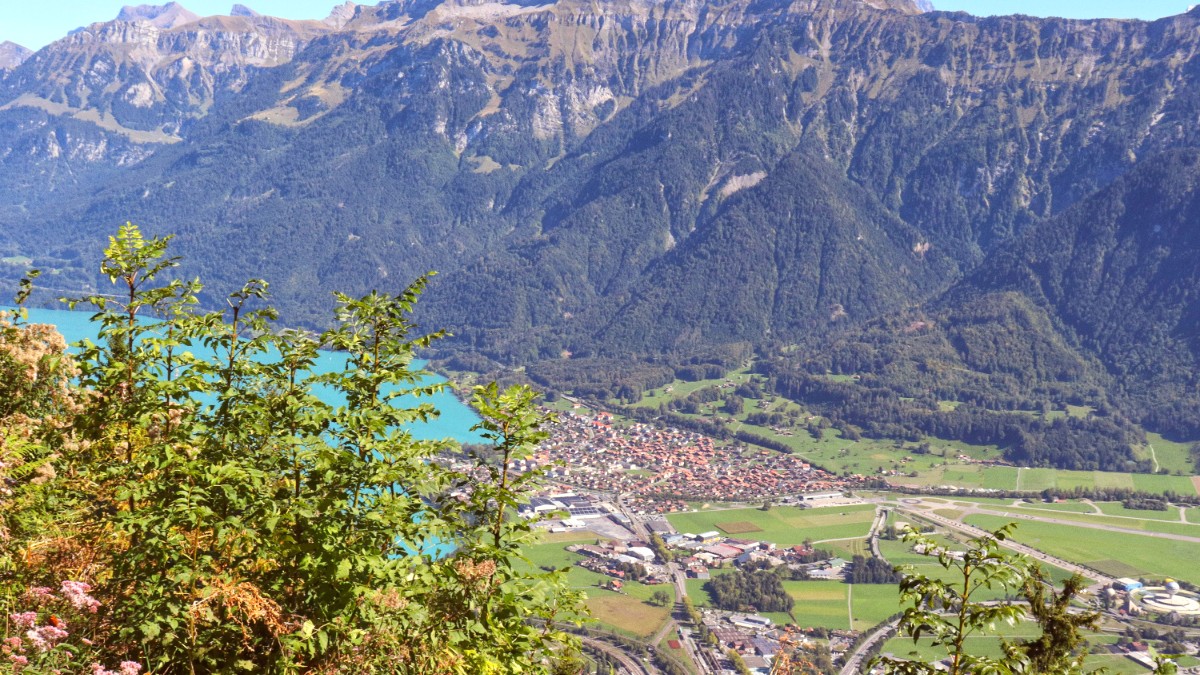
Central Switzerland And Berner Oberland, Switzerland
As Switzerland's largest international airport, ZRH has the widest range of direct flight connections from around the globe. It is a major hub for Swiss International Air Lines.
Located in the French-speaking part of Switzerland, GVA is another significant international hub. It has numerous airlines and extensive connections, especially within Europe.
Expect higher fares and more competition for seats. Book flights several months in advance for this high-demand period.
Prices elevate around Christmas, New Year, and school holidays for ski trips.
These periods often have better fares and more availability as tourist demand lowers from peak times.
The Swiss Federal Railways (SBB) network connects Interlaken to virtually every corner of the country. Interlaken Ost is a major railway hub, making travel simple from anywhere in Switzerland.
Swiss trains are known for their punctuality, cleanliness, and comfort. They have first and second-class options. Many intercity routes include dining cars or bistro services. Large windows display scenic views.
Driving in Switzerland offers flexibility, but it comes with specific requirements and costs. You need a valid domestic driver's license. If your license is not in an official Swiss language or English, an International Driving Permit (IDP) is needed. To drive on Swiss motorways, purchase an annual 'Vignette' (CHF 40).
Switzerland shares land borders with France, Germany, Italy, Austria, and Liechtenstein. As part of the Schengen Area, border crossings for citizens of Schengen countries are seamless with no routine passport checks.
Drive on the right side of the road. Speed limits are 50 km/h in urban areas, 80 km/h outside, and 120 km/h on motorways. Seatbelts for all passengers. Headlights on at all times.
Switzerland does not levy any specific exit fees or taxes on tourists departing the country. Your airfare or train ticket typically includes any relevant charges.
For train departures from Interlaken Ost/West, arriving 15-30 minutes before your train's scheduled departure time is sufficient. Swiss trains are punctual, and boarding is generally quick.
Confirm your flight or train times the day before departure using the relevant apps or websites.